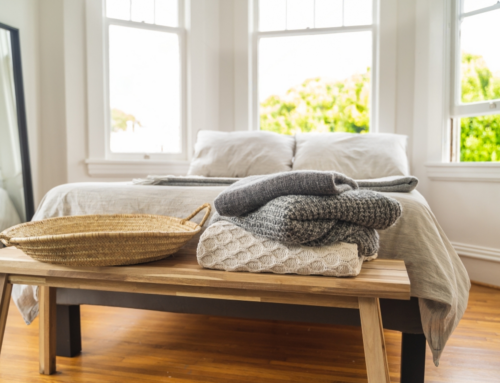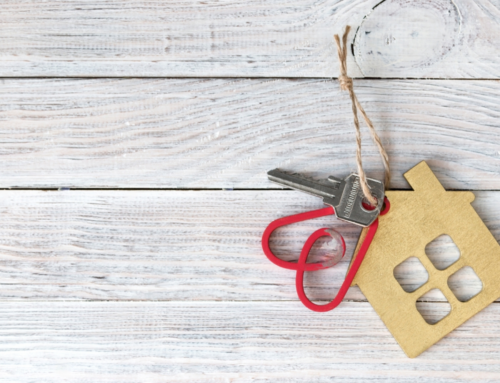How to Buy a House: A Step-by-Step Guide
This article discusses the important considerations when buying a house, including budget, location, size and layout, future plans, home inspections, earthquake risks, and rental opportunities. It is important to create a realistic budget that considers the costs associated with buying a house. The location of the house is also crucial, taking into account safety, school district, proximity to work, and amenities. The size and layout should meet the needs of the family, and any future plans for the house should also be considered. Home inspections should be done to identify any potential issues. If living in an earthquake-prone area, it is essential to take that into account. Finally, if considering buying as an investment, researching the local rental market is important.
What to consider when buying a house?
This article discusses important points to consider when buying a house. Firstly, the importance of creating a realistic budget and understanding the costs associated with buying a house is emphasized. Other factors such as location, size and layout of the house, future plans, home inspections, earthquake-related issues, and rental opportunities are also discussed. Considering these factors is important to choose the right home and prevent potential problems in the future. Overall, buying a house is a big decision and one of the most important investments of your life, and therefore, it is important to consider all factors before making a decision.
Budget
Let’s say you have a budget of $400,000 for a new home. You’ll need to take into account the cost of the house itself, closing costs, taxes, insurance, and any repairs or renovations that may be necessary.
Location
The location of the house is also important to consider. For example, if you have children, you’ll want to make sure the house is in a safe and desirable neighborhood with good schools. You may also want to consider its proximity to your work and other amenities like parks, restaurants, and shopping centers.
Size and Layout
The size and layout of the house will depend on your family’s needs. If you have a large family, you may need a house with more bedrooms and bathrooms. The layout of the house can also be important – some families prefer an open-plan design, while others may prefer a more traditional layout.
Future Plans
If you plan on staying in the house for a long time, it’s important to think about its future value and any potential upgrades or renovations that may be necessary. On the other hand, if you’re only planning to stay for a few years, you may want to consider how easy it will be to sell the house when you’re ready to move.
Home Inspections
Before buying a house, it’s important to have it inspected to identify any potential issues or problems. This could include things like a leaky roof, plumbing problems, or structural issues.
Earthquake Considerations
If you live in an area prone to earthquakes, it’s important to take this into consideration when buying a house. You may need to invest in earthquake retrofitting or make sure the house is built to withstand seismic activity.
Rental Opportunities
Finally, if you’re considering buying a house as an investment property, it’s important to research the local rental market to determine whether the house would be a good rental property. This could include things like the demand for rental properties in the area, the rental rates, and the type of tenants you could expect to attract.
When it comes to buying a home, there are several factors that families need to consider. These factors require research into issues such as their budget, location, size and layout of the home, future use plans of the home, home inspections, earthquake risks, and rental opportunities. A careful study of these factors can help home buyers make the right choice.





